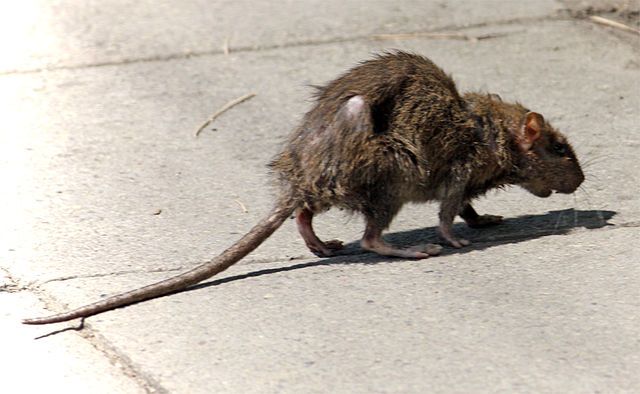Aarhus is not only one of the European Capitals of Culture for 2017 – it also now has the dubious distinction of being the rat capital of Denmark.
Rats are thriving to such a degree in Denmark’s second-largest city that in four years the number of rat infestation cases reported to Aarhus Municipality increased by 80 percent from 4,416 in 2013 to 8,011 in 2016 – and that’s even more than in Copenhagen.
One resident reported six rats in just over a week after moving into her new home in Lystrup, north of Aarhus.
“I set two traps,” she told DR Nyheder. “I put them at the bottom of the closet and on the first night I caught two. Two days later, two more, and two more after that.”
Peiying Frederiksen, a restauranteur in central Aarhus, reported a rat problem to the municipality. She said that when the city worker showed up, he sprinkled a bit of rat poison about and that was it.
“I am disappointed that the municipality does not provide more help,” she said.
Frederiksen was forced to pay 100,000 kroner out of her own pocket to get rid of the rats.
Environmental agency Naturstyrelsen said that the law in Denmark is clear: it is up to the municipalities to provide effective rat control.
Pied Piper needed
Kristian Würtz, the head of the technology and environmental division in Aarhus Municipality, acknowledged that the rat problem in Aarhus has grown, but said he had no intention of changing his methodology for fighting the rodents.
“We will continue to use poison as our fighting tool in Aarhus,” he said. “It’s what we’ve always done and what we will continue to do.”
Würtz said that the city has recently been using a stronger poison, which seemed to be yielding better results. Aarhus was actually forced to switch poisons when the city’s rats became resistant to the type it was using before.
Würtz said that any extra measure would have to be considered within the context of the municipal budget.
“We know that extra efforts would be positive, but the budget is always under pressure and we have to consider how we are going to make ends meet.”











